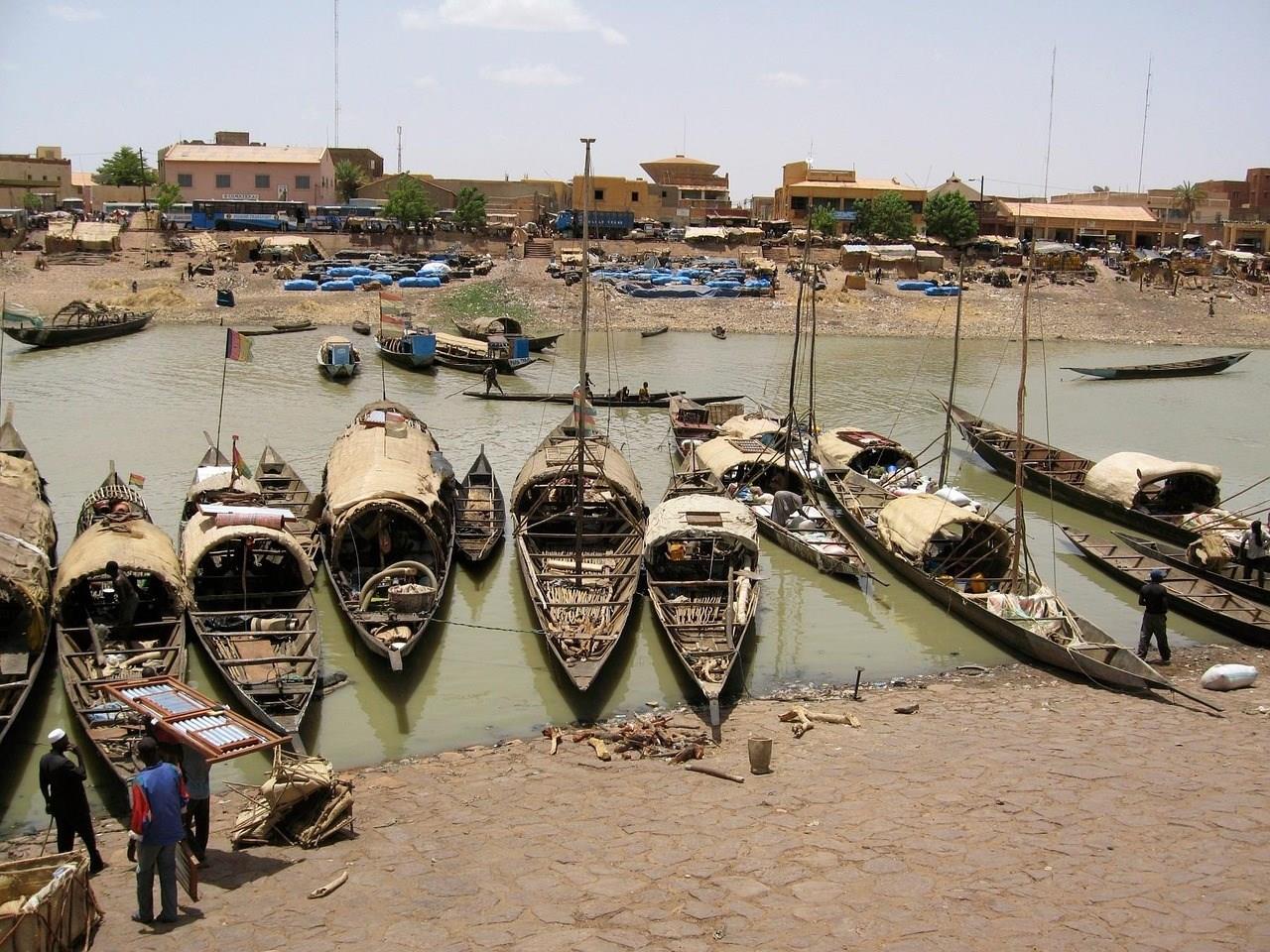Mali



Mali, located in West Africa, is a country with deep cultural roots and a history that stretches back to some of the most powerful empires in Africa. Once home to the ancient empires of Ghana, Mali, and Songhai, it played a central role in the trans-Saharan trade routes that connected Africa with North Africa and beyond. Cities like Timbuktu became legendary centers of learning, trade, and Islamic scholarship, with manuscripts that are still preserved today offering a glimpse into a golden era of intellectual and cultural exchange.
The landscapes of Mali are diverse and striking, ranging from the vast expanse of the Sahara Desert in the north to the fertile Niger River Valley in the south. The Niger River, often referred to as Mali’s lifeline, supports agriculture, fishing, and river-based trade, making it vital for both local communities and visitors seeking to explore its winding routes. Seasonal festivals and traditional music performances often take place along the river, adding to the cultural richness of the region.
Music holds a special place in Malian identity, with the country considered the birthplace of several musical traditions that have influenced global sounds. Genres like desert blues and griot storytelling have spread internationally. For travelers, experiencing live performances in local settings offers a powerful way to connect with Mali’s heritage and its people’s enduring creativity.
For those drawn to unique landmarks, the Great Mosque of Djenné stands as one of Mali’s most iconic sights. Built from sun-baked mud bricks, it is the largest mud-brick structure in the world and a UNESCO World Heritage Site. Equally captivating are the cliffside dwellings of the Dogon people, where traditional ways of life continue in villages that have been inhabited for centuries. Together, these cultural and historical treasures make Mali an unforgettable destination for those seeking both depth and discovery.



